Back to Courses
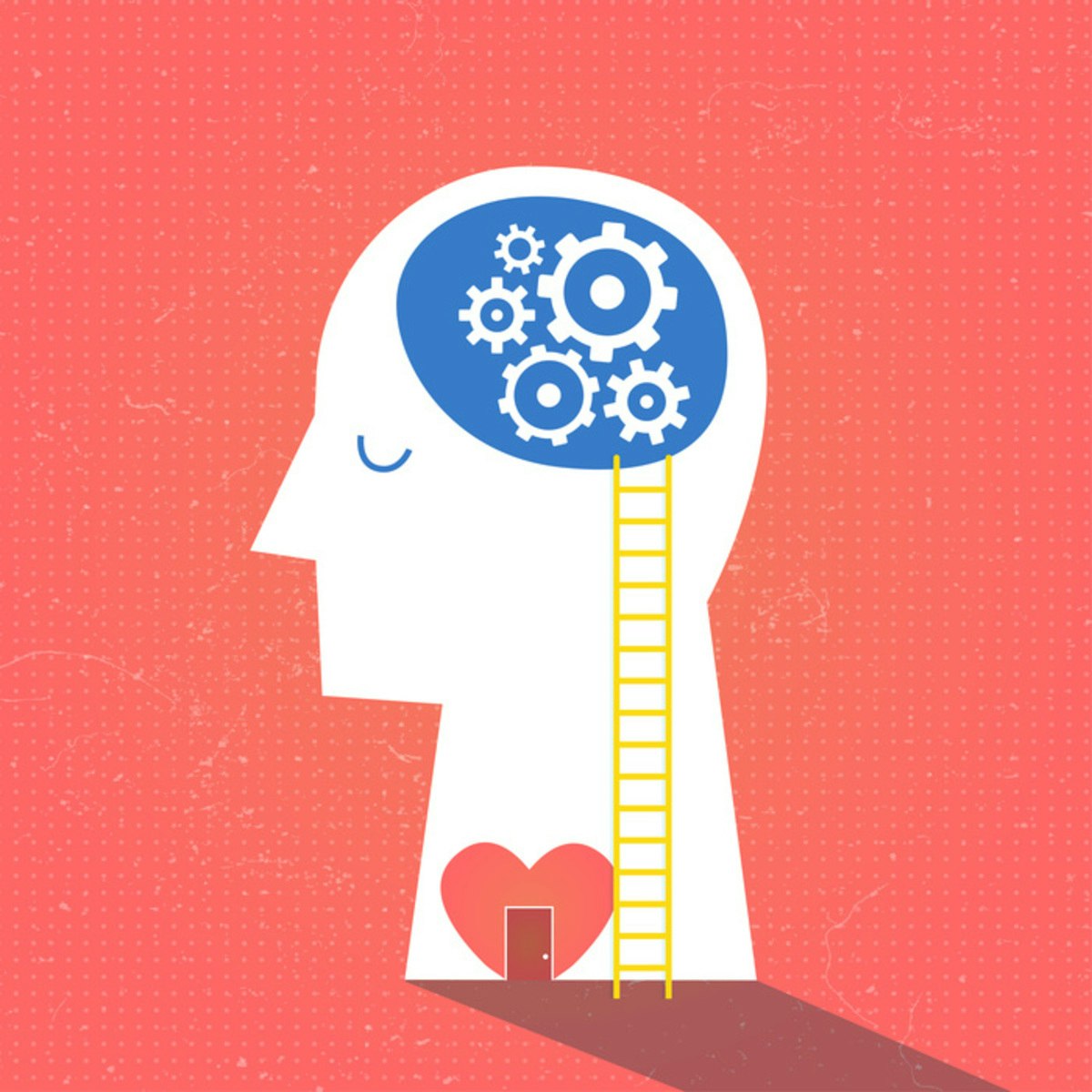

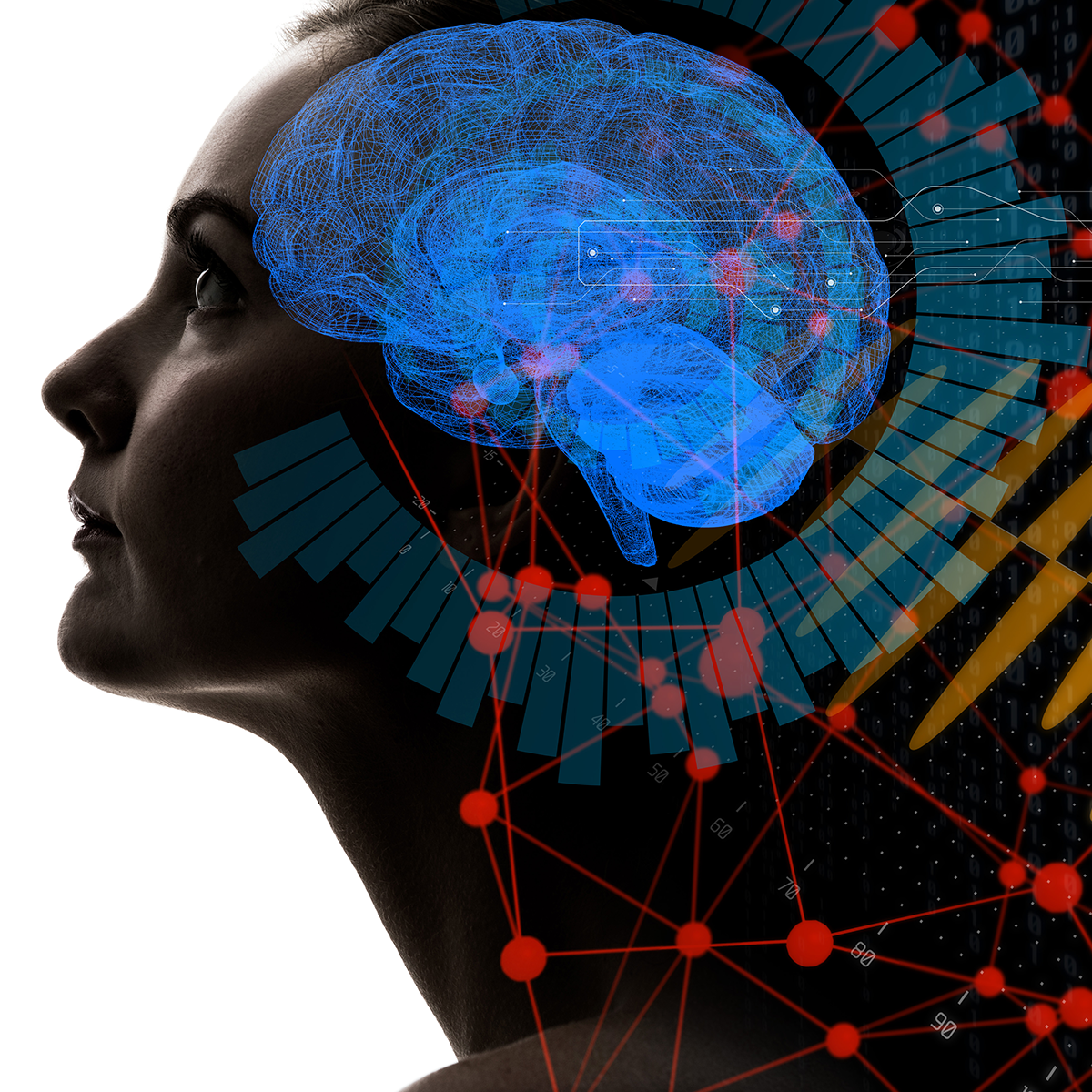
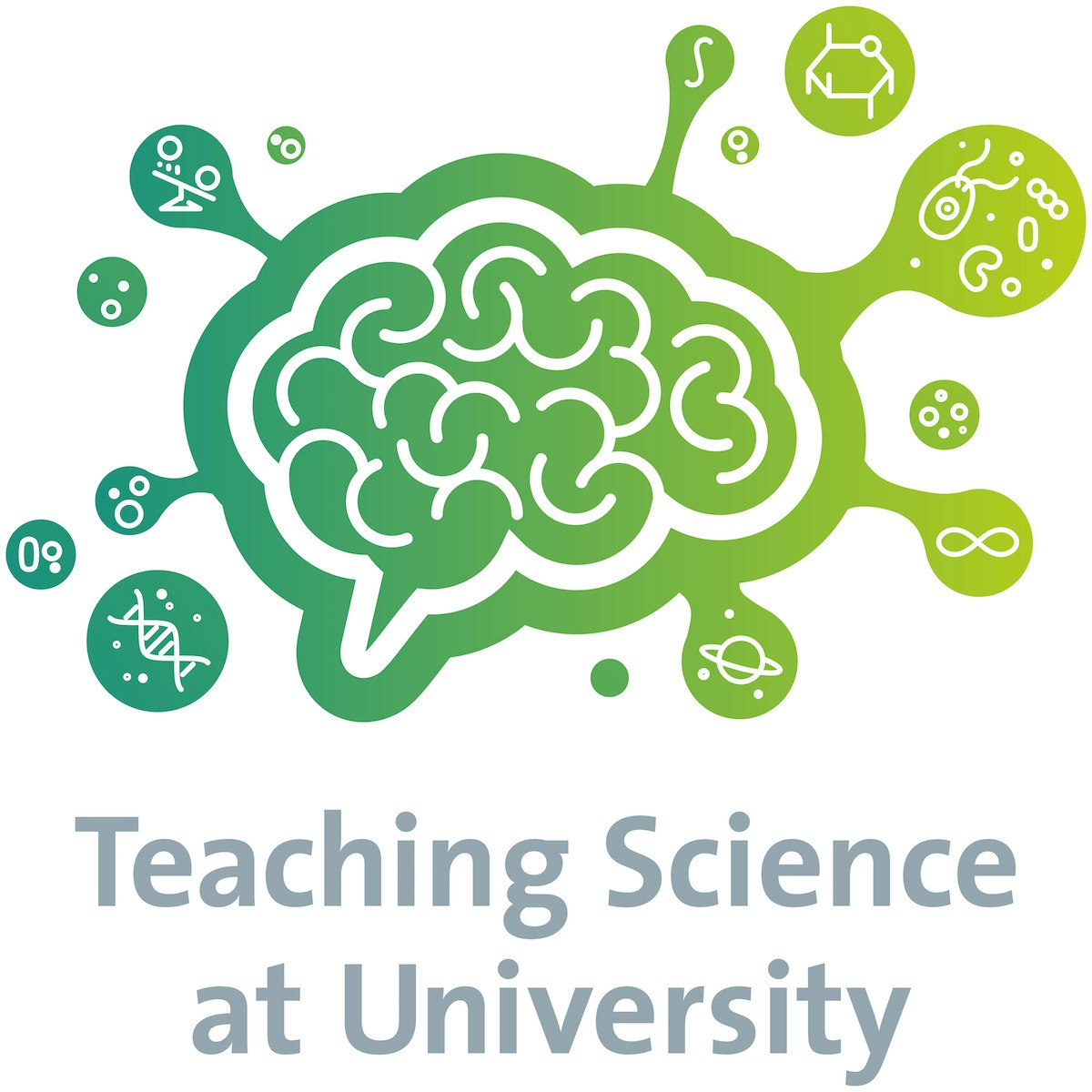

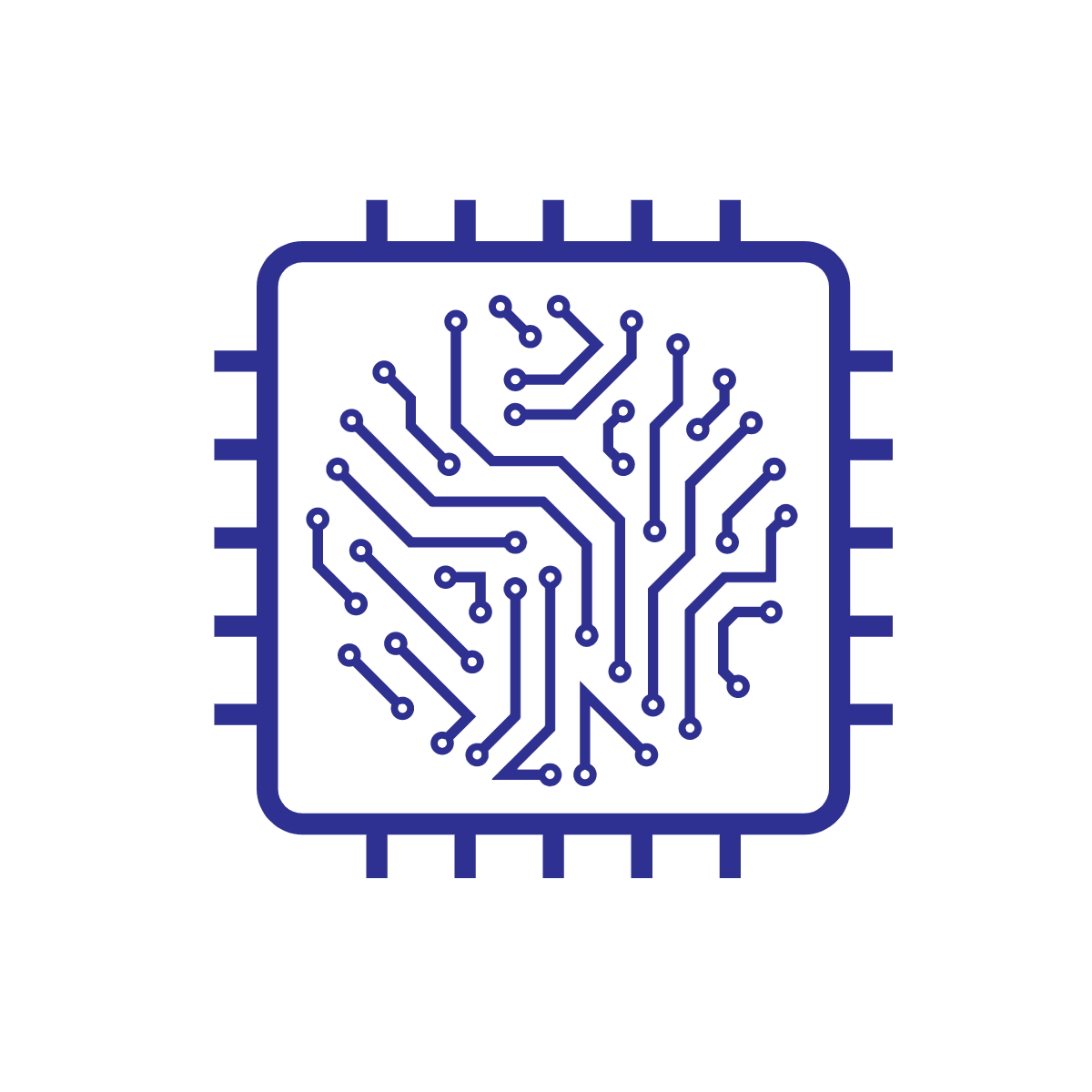
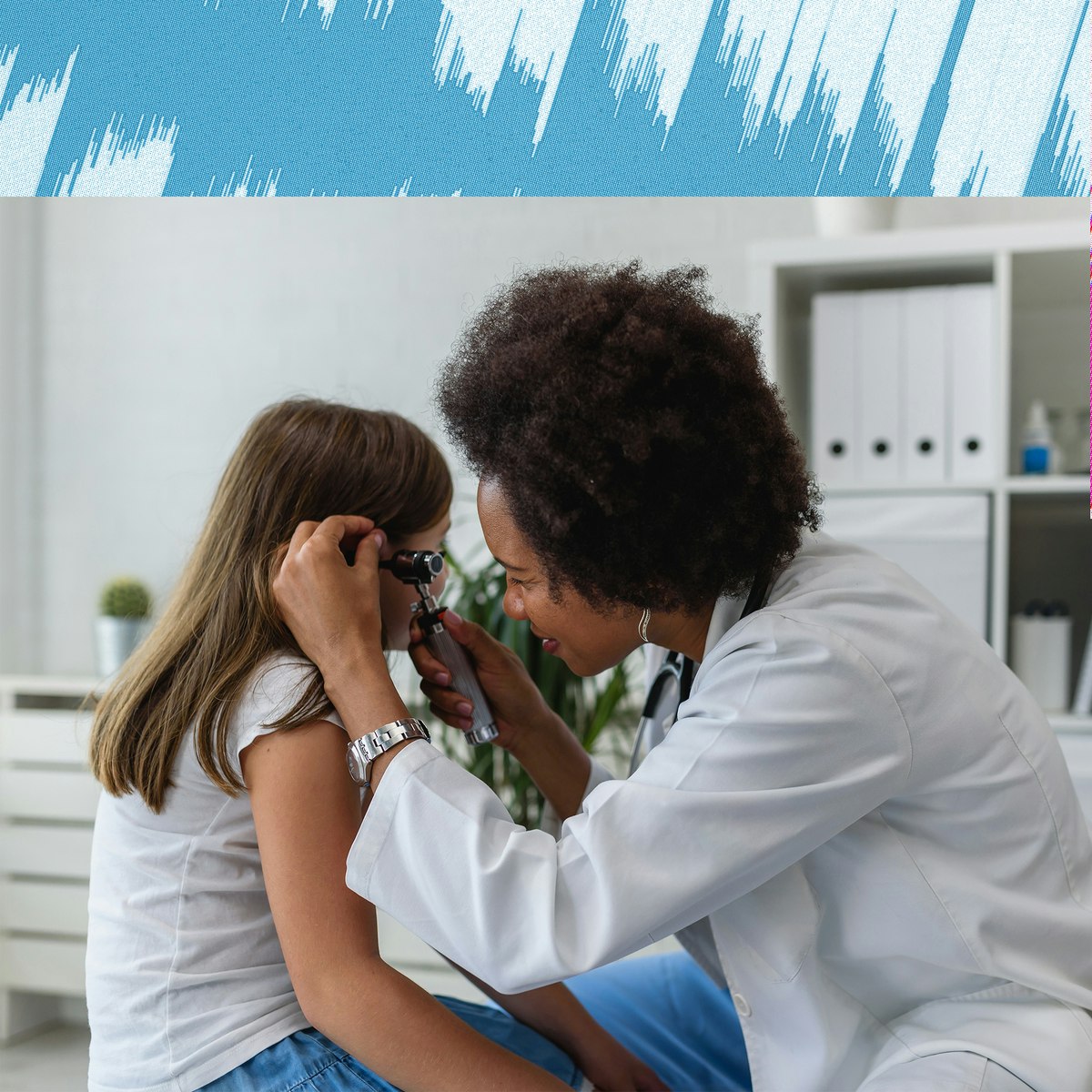

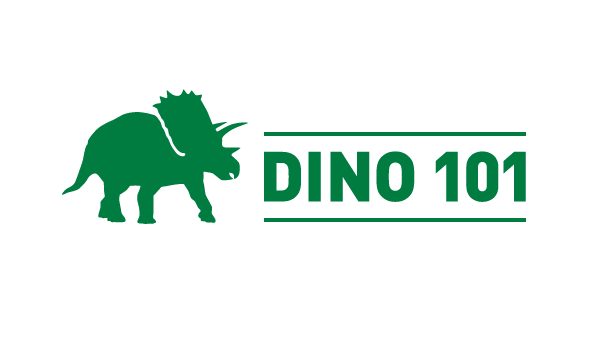
Basic Science Courses - Page 12
Showing results 111-120 of 128

Patenting in Biotechnology
Far too often, researchers are misinformed about the role and the possibilities arising around patents and Intellectual Property Rights (IPR). In this course we will teach you what IPR are - with a special focus on patents. Also this course will look at the importance of patents in the world of biotechnology - and what you actually can patent.
Should your research be protected? Can your research even be protected?
There are a lot of misunderstandings about patents, so first step is to know what patents really are and how they work. Then we will introduce how and when to apply for them. Also how to find existing patents is a crucial and necessary element to being able to assess whether your research should be protected or not.
The course will be divided in 7 sessions, and at the end of the course, you should be able to:
- describe the different types of IPR
- explain the conditions of patentability for an invention
- describe the various stages involved in a patent application
- search and retrieve patent information from databases
- read and understand a patent
- write claims related to biotechnology
- understand and explain the concept of Freedom To Operate
Course Materials:
You will need the following book as a reading material for the course:
“Patenting in Biotechnology, a laboratory manual” by Peter Ulvskov, which will be available from
http://polyteknisk.dk/home/Detaljer/9788750211068
Also, you will need to get access from your home institution to these databases:
- Derwent Innovation Index (via Web of Science)
- SciFinder
NB:
This course is related to a 5 ECTS point course that is a mandatory requirement for access to the BioBusiness and Innovation Platform (BBIP) program at the Copenhagen Business School. NOTE: this Coursera course will NOT be sufficient for attending the BBIP program but successful completion of this course (with a Course Certificate) will be a plus for applying to the BBIP.
To obtain the 5 ECTS points, you will have to enrol as a DTU Student, participate on a hands-on workshop on patent databases and pass an exam in presence of an external Censor. For more information, please email me at:
fdemasi@cbs.dtu.dk
Link for BBIP: (http://www.cbs.dk/viden-samfundet/strategiske-indsatsomrader/biobusiness-and-innovation-platform-bbip)

Positive Psychiatry and Mental Health
In today’s world, mental illness and distress are common and these account for a significant burden of disability within our community. At the same time, there is a growing interest in understanding and enhancing positive mental health and wellbeing; particularly from developments in the fields of positive psychology and mental health promotion. Positive Psychiatry is a new term (Jeste et al 2016) that describes a dual approach to mental health, where we build strengths, supports and healthy lifestyles as well as treating illness and distress.
In this course, we will explore different aspects of good mental health as well as provide an overview of the major kinds of mental disorders, their causes, treatments and how to seek help and support. The course will feature a large number of Australian experts in psychiatry, psychology and mental health research, and we will also hear from “lived experience experts”, people who have lived with mental illness, and share their personal stories of recovery.
We take an evidence-based approach to a range of strategies that anyone can use to enhance their own mental health and that of others, from exercise and relaxation techniques through to the role of love, relationships and 'good' types of work. We cover topics from creativity and yoga through to psychiatric medications and psychotherapies.

Synapses, Neurons and Brains
These are very unique times for brain research. The aperitif for the course will thus highlight the present “brain-excitements” worldwide. You will then become intimately acquainted with the operational principles of neuronal “life-ware” (synapses, neurons and the networks that they form) and consequently, on how neurons behave as computational microchips and how they plastically and constantly change - a process that underlies learning and memory. Recent heroic attempts to realistically simulate large cortical networks in the computer will be highlighted (e.g., “the Blue Brain Project”) and processes related to perception, cognition and emotions in the brain will be discussed. For dessert we will deliberate on the future of brain research, including the questions of “brain and art”, consciousness and free will. For more information see the course promo below and read “About the course.”

Biohacking Your Brain's Health
With deteriorating health, particularly brain health, occurring at a global level, this course introduces you to methods for maximizing your brain's fitness through nutrition, exercise, meditation, and sleep. We'll debunk popular myths about prescribed practices for overall health and then uncover studies from the last few decades revealing practical routines and interventions that are proven to help improve the brain. You'll also get a glimpse at the brain's structure and common brain functions, as well as a "prescription" each week of tips for improving your brain's health.

Teaching Science at University
This course will prepare you for teaching science in higher education. In this MOOC you will learn to make your knowledge as an excellent researcher accessible to your students. We will show you how to communicate science to novices as well as advanced students in science. You will experience the value of teaching with analogies and you will be guided to train your students' competences. Based on up-to-date findings from research into teaching and learning science you will be able to
- implement evidence-based strategies into your own teaching,
- use students everyday-conceptions for the development of courses,
- prepare analogies and models to teach in your field,
- implement problem-based teaching,
- set up for experiments and teach the nature of science.
This course enables you to teach abstract science topics to your students and make them become active and successful learners. The course is based on lectures (videos), handouts (knowledge-to practice briefs), which supplement the knowledge taught in the lectures and assignments to implement the teaching strategies into your own practice.

National Academy of Sports Medicine Nutrition Essentials
NASM's Nutrition Coaching Essentials enables you to provide evidence-based guidance to those seeking to improve body composition, athletic performance, and health. By successfully completing this program, you will have the knowledge and abilities to leverage nutrition education to increase your client's success, reduce turnover, and maximize adherence. Held to the highest standard of research-based theory and practice, the Nutrition Essentials program teaches you how to provide nutritional direction to a variety of clients with differing goals. Your knowledge and skill base will be updated to remain current and focused on delivering the gold standard of client care in the nonclinical sphere.
This course is intended for those who are interested in learning about or teaching others how to apply nutrition priniciples for improved health and wellness.

Machine Learning Models in Science
This course is aimed at anyone interested in applying machine learning techniques to scientific problems. In this course, we'll learn about the complete machine learning pipeline, from reading in, cleaning, and transforming data to running basic and advanced machine learning algorithms. We'll start with data preprocessing techniques, such as PCA and LDA. Then, we'll dive into the fundamental AI algorithms: SVMs and K-means clustering. Along the way, we'll build our mathematical and programming toolbox to prepare ourselves to work with more complicated models. Finally, we'll explored advanced methods such as random forests and neural networks. Throughout the way, we'll be using medical and astronomical datasets. In the final project, we'll apply our skills to compare different machine learning models in Python.

Hearing Loss in Children
Approximately 2 to 3 out of 1000 children in the United States are born with a significant hearing loss. Early identification and intervention of hearing loss is crucial to children’s lifelong learning outcomes. It is well documented that later identification of hearing loss can lead to significant delays in children’s speech, language, literacy, social and emotional development.
This course addresses gaps currently existing in the health education curriculum for pediatric hearing loss and gives learners the foundational knowledge that can be applied immediately in a broad range of health, educational, and home settings.
Benefits of the course include:
• Basics of hearing and vestibular systems
• Overview of early hearing screening programs
• Clinic videos related to diagnosis, treatment & management of hearing loss in children
• Personal interviews with children who are Deaf or Hard of Hearing
• Overview of the public health & educational infrastructure supporting children who are Deaf or Hard of Hearing
• Taught by multi-disciplinary pediatric experts
• Exclusive operating room footage exploring ear anatomy and surgical ear procedures
The University of Michigan Medical School designates this enduring material for a maximum of 11.5 AMA PRA Category 1 Credit(s)™. The University of Michigan Medical School is accredited by the Accreditation Council for Continuing Medical Education (ACCME) to provide continuing medical education for physicians.
This activity contributes to the CME component of the American Board of Pediatrics’s Maintenance of Certification Part II program. More information can be found in the course.
If you would like to earn CME/MOC credit for participating in this course, please review the information in the course prior to beginning the activity. At the end of the course you will get specific instructions on how to get your free CME.

Clinical Epidemiology
Evidence forms the basis of modern medicine. Clinical research provides us with this evidence, guiding health professionals towards solutions to problems that they face in daily practice. Transferring existing problems in medical practice to a research setting is a challenging process that requires careful consideration. The practice of clinical epidemiology aims to address this through the application of established approaches for research in human populations, while at all times focussing on the problem at hand from a clinical perspective.
This course teaches the principles and practice of clinical epidemiology, drawing on real problems faced by medical professionals and elaborating on existing examples of clinical research. Medical researchers will lean how to translate real clinical problems into tangible research questions for investigation, gaining insight into some of the most important considerations when designing an epidemiological study along the way.
Core concepts will be introduced along four key themes: diagnosis, prognosis, treatment and etiology. Followers of this course will develop their understanding of the topics addressed through lectures from experts, peer interaction and review assignments.

Dino 101: Dinosaur Paleobiology
Dino 101: Dinosaur Paleobiology is a 12-lesson course teaching a comprehensive overview of non-avian dinosaurs. Topics covered: anatomy, eating, locomotion, growth, environmental and behavioral adaptations, origins and extinction. Lessons are delivered from museums, fossil-preparation labs and dig sites. Estimated workload: 3-5 hrs/week.
Popular Internships and Jobs by Categories
Find Jobs & Internships
Browse
© 2024 BoostGrad | All rights reserved